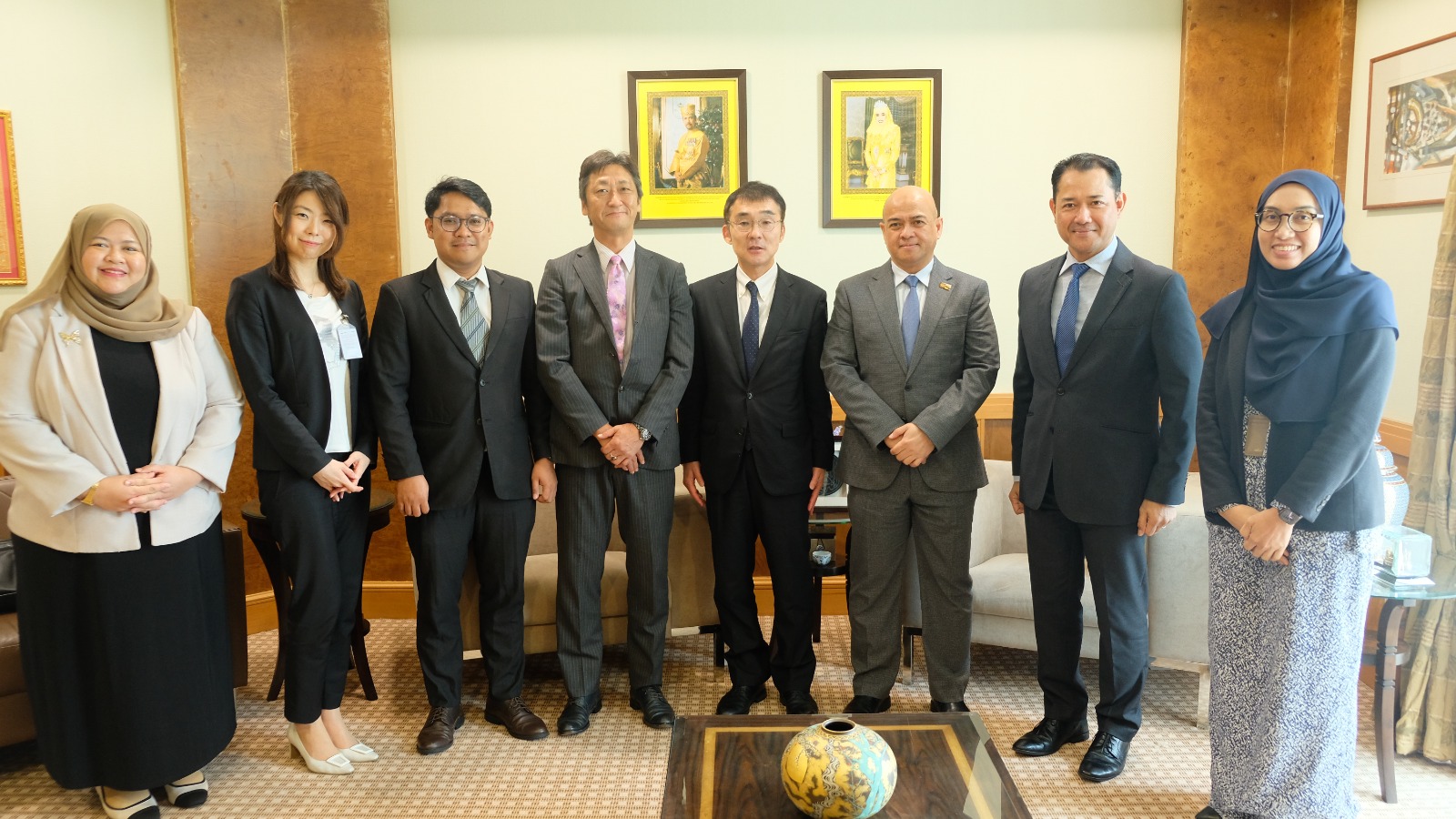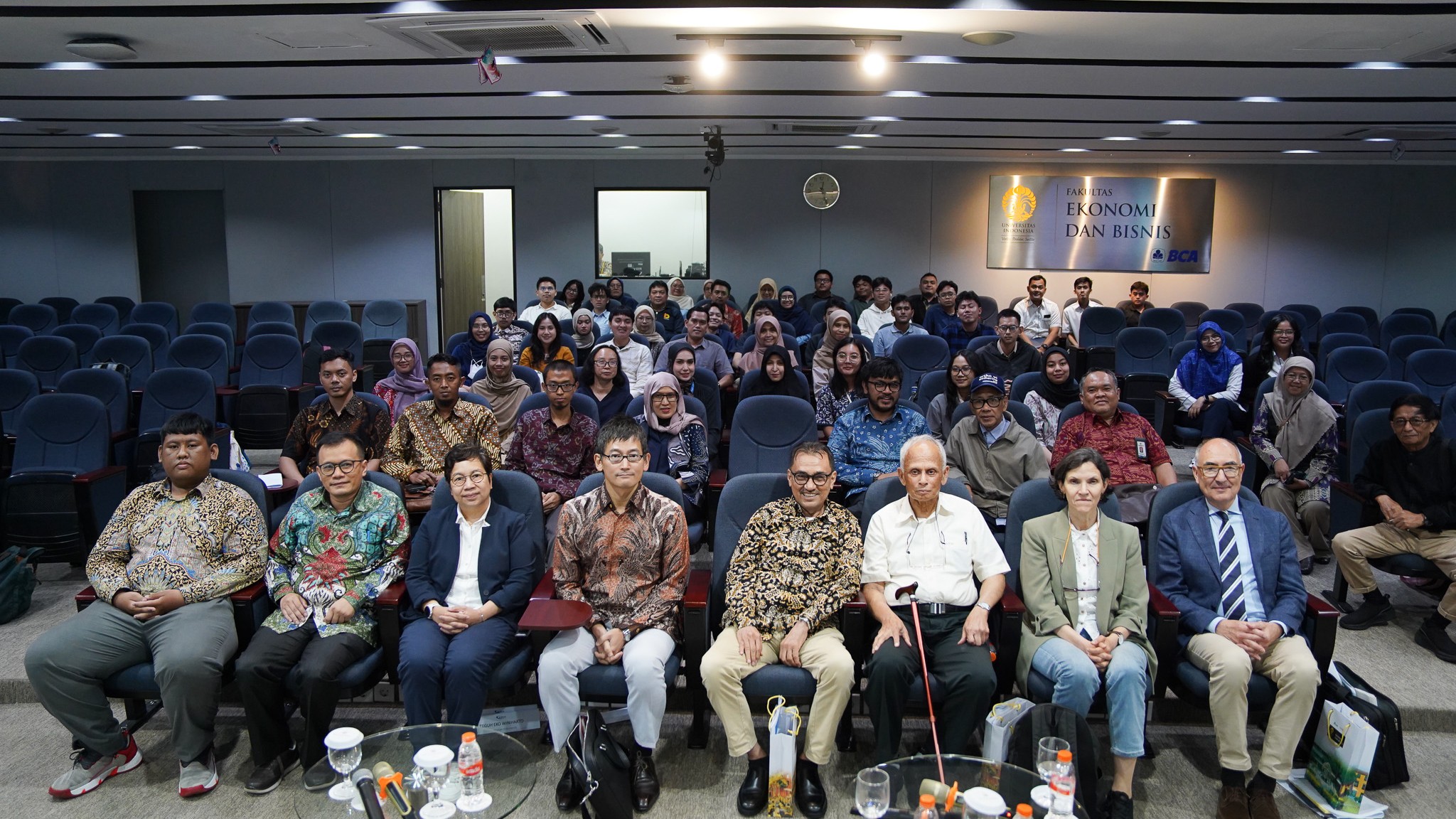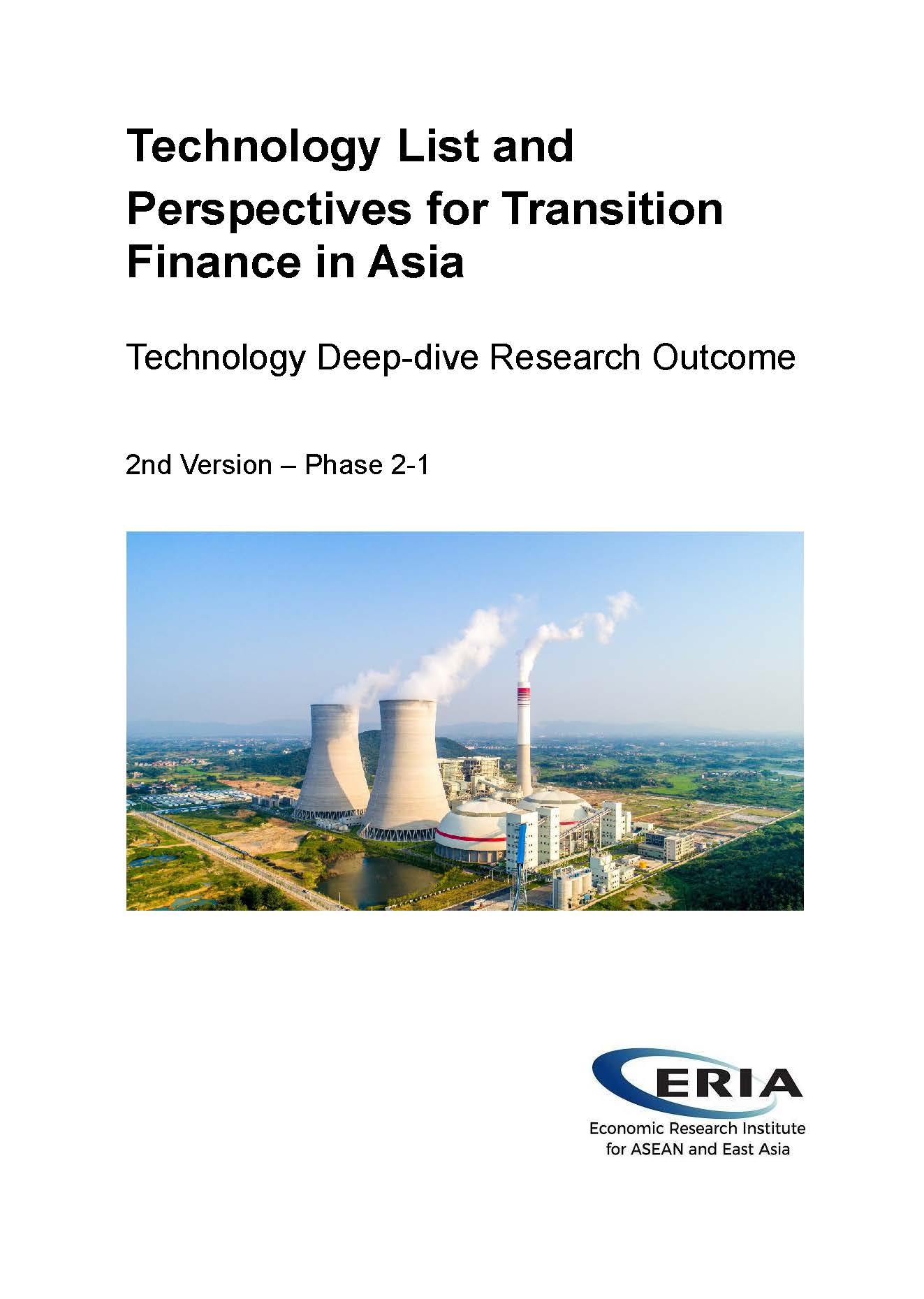ERIA Holds Working Group Meeting on the Water–Energy–Food (WEF) Nexus
Date:
7 November 2024Category:
NewsTopics:
Energy, Working GroupShare Article:
Print Article:
Sendai, 7-8 November 2024: The utilisation of biomass brings both challenges and opportunities related to food supply, land conversion, water use, and energy sustainability. Leveraging the Water–Energy–Food–Land–Climate (WEFLC) nexus concept can improve resource management throughout the biomass supply chain, highlighting complex interactions and impacts at every stage – from cultivation through production to distribution. Expanding the design and management of this supply chain will help identify essential resources and achieve a balanced approach amongst activities such as land use, waste management, and environmental and economic considerations. This holistic method aligns well with the interdisciplinary nature of the WEFLC nexus.
Members of ERIA’s Working Group on the study titled ‘Nexus for Sustainable Biomass Utilisation for Fuel, Fiber, and Food in Selected EAS Countries’ gathered in Sendai, Japan, on 7–8 November 2024, sharing preliminary insights and evaluations regarding the development of an inventory matrix that maps the impacts and trade-offs of biomass utilisation through WEFLC nexus indicators. This thorough evaluation of the diverse impacts of biomass production aims to support strategies that promote efficient and sustainable resource use.
Dr Venkatchalam Anbumozhi, ERIA’s Senior Research Fellow for Innovations, opened the discussions by outlining the study's objectives and the deliverables for the EAS Energy Cooperation Task Force. This expert gathering provided a platform for sharing valuable knowledge and evaluations on biomass utilisation through the WEFLC nexus framework. Identifying approaches that reduce resource consumption while maximising economic benefits will pave the way for a more sustainable future. Utilising impact mapping of trade-offs is expected to improve understanding of the risks and benefits associated with biomass, allowing for informed choices that optimise economic viability while minimising potential drawbacks.
The Working Group, led by Dr Yuki Kudoh from Japan’s National Institute for Advanced Science and Technology (AIST), also discussed designing a questionnaire to gather input on the WEFLC nexus and its impact on various stakeholders, including government policymakers, the private sector, and academia. This survey aims to capture insights on challenges, opportunities, and strategies for sustainable resource management, with questions tailored to the specific concerns and roles of each group. Key topics of interest include food availability, land conversion, water usage, and energy sustainability. The Working Group will reconvene in late April 2025 to discuss key findings from the study’s second phase.







